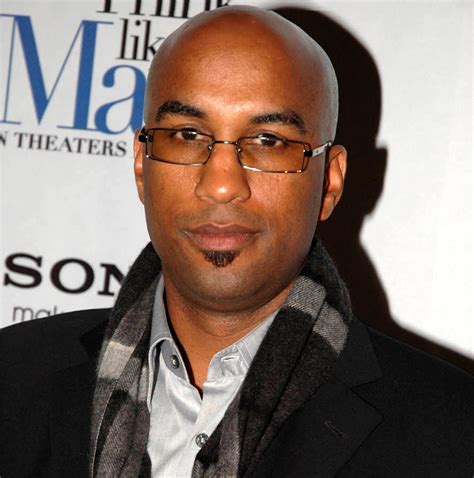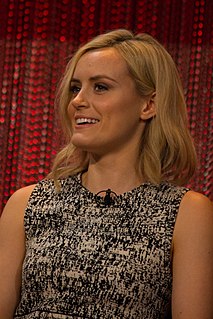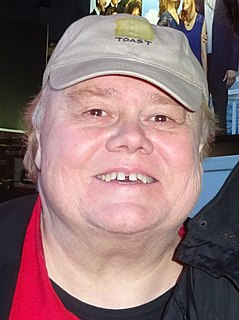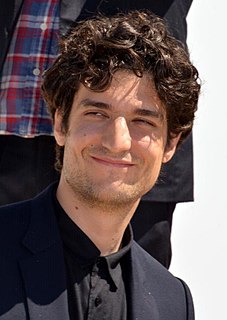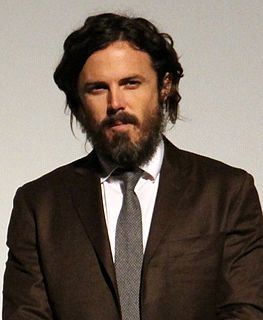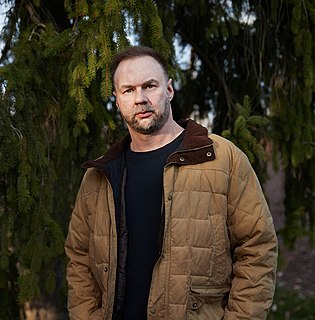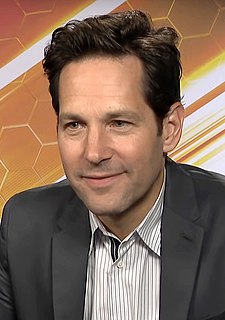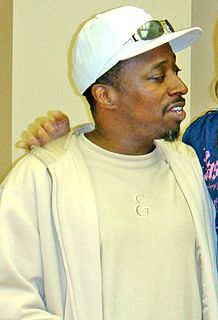A Quote by Tim Story
When it comes to the ratings, I don't know what the rating system is. So when it comes to me, I've learned, with the little experience that I have, that when I feel really good about a movie in the editing room, it works. And when I've felt like a movie wasn't working, it didn't work.
Related Quotes
I watched a lot of movies from all over the world. The Russians were very good at editing. They were specialists in editing. The Man with a Camera, if you know that movie, is incredible. I still don't understand how it works. It's a movie with no script, no actors and still it works. It's really good. It's really about editing.
It felt really nice to not have anybody talking about numbers, and no one is talking about ratings. From my experience, it felt like there was one person running the ship and it felt like there was space for Jenji to be at the helm. That's not what I've experienced in television before. It felt more akin to an interesting movie, where there were producers who were really excited by the work and wanted to make space for the director's vision to be sort of shared with an audience. It felt more cohesive.
Your agent or manager tells you. They go, "You're out. They're gonna get a new guy." But then I didn't feel bad. I didn't take it personally. Not that I'm competitive at all. But you have pride in that, you know? You want your ratings to be good. But now that I'm 62, I don't really care about the ratings. I don't care about the reviews. I care about the work, and I care about the people that I'm working with, and I try to make the experience for them and myself as good as it can be.
You can do a good movie, or you can do a good movie that can help people to feel the idea of what it is like to live. It can be good in an artificial way; it can be also a good movie for your own existence. You don't know that when you do a movie. You don't know if you succeeded, which is the most difficult thing.
It's been reinforced to me, and it's a little cliche, but I've learned that you can't make a movie that even works, much less that's good, without really good writing and really good acting. That lesson has led me to not be distracted, so much, by the other stuff going on in filmmaking and to focus on the essence of a story, and the words and the events and the way that those are interpreted by the actors. That philosophy has taken me to a place that I really like.
The whole first movie [Twilight] was pretty fun. I had never really done a movie like it, when there's such a big cast of people that are around about the same age. Everyone didn't really know what was going to happen with the movie, but there was a good energy. There was something which people were fighting for, in a way. They wanted it to be something special. None of us were really known then, as well. It felt like a big deal, at the time.
In editing, you really face what the movie is. When you shoot it, you have this illusion that you're making the masterpieces that you're inspired by. But when you finally edit the movie, the movie is just a movie, so there is always a hint of disappointment, particularly when you see your first cut.
I know when something is done and when it isn't. There's been times working on movies when they [moviemakers] lock in a release date and so you're stuck to that schedule. But sometimes you're still editing and you feel like you're not really done, but they're sort of releasing the movie anyway - that's kind of depressing.
Writing is so... I don't know, it's such a practice, and I feel very unpracticed in it, because I'm not doing it every day. And I really need to do it every day. In other words, you spend all this time writing a movie, and then you stop, and then you're shooting the movie, and then you're cutting, and a year and a half goes by, because in the editing room, you're not writing.
